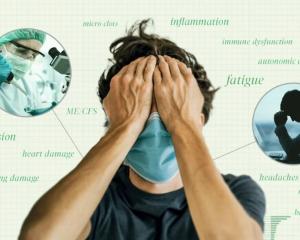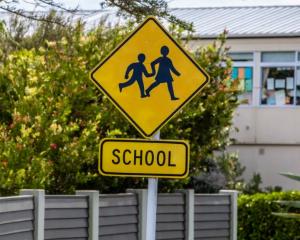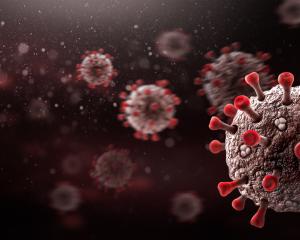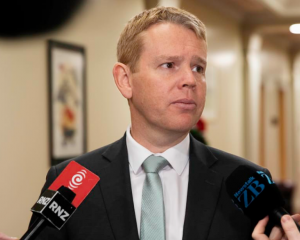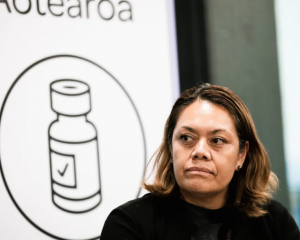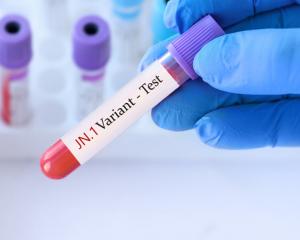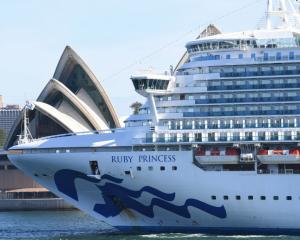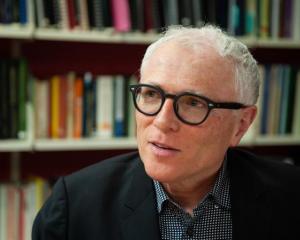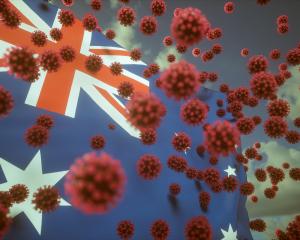There are 23 Covid-19 cases in the community as Auckland enjoys its first day of alert level 3.
Covid-19 Response Minister Chris Hipkins said Auckland had passed a "significant milestone" on the first day of lower restrictions, with 80% of eligible Kiwis in the city now vaccinated with at least their first dose.
Director-general of health Dr Ashley Bloomfield said the new cases took the total number of cases in the current Delta outbreak to 1108.
He said 835 of those cases have recovered.
Twenty-two of today's cases are linked and 11 are household contacts, including 6 within one household, Dr Bloomfield said.
Yesterday's one unlinked case is still under investigation.
There are 13 cases of Covid-19 still in hospital. Of these two are in ICU or HDU.
Bloomfield announced that one-quarter of the residents in Auckland's Clover Park had now been tested, which was pleasing as that had been a suburb of interest.
Based on the high level of testing and the results in the Upper Hauraki area, the Level 4 restriction has been down-graded to Alert Level 3, like Auckland.
Out of the school contacts in Mangatangi, 93 of 99 contacts returned a negative test.
Yesterday 53,721 doses of the vaccine were administered, 27,534 of these were first doses and 26,187 were second doses.
This brings the national total to 3,146,149 first doses and 1,671,065 people have received both doses.
But despite the good results, Hipkins said more work needed to be done to get the numbers higher.
Bloomfield said it was clear even more focus needed to be put on getting Māori vaccinated. That was especially among young Māori, with so far a good result having been achieved among Māori aged over 65.
Bloomfield said any group of people who are unvaccinated is a cause of concern for everyone in the country.
Health teams were now consulting on potentially requiring some health staff to be mandatorily vaccinated in the future and this would cover all workers most likely to come into contact with Covid-19, he said.
Hipkins said 90% vaccination was very achievable.
Getting New Zealand over this mark would see the country have one of the highest vaccination rates in the world, Bloomfield said, but emphasised this was not an invitation for 10% of the population to decline to take a vaccination.
Those with a medical reason to not get the vaccine was much less than 10% of the population, he said.
Hipkins said there is an ad campaign with people talking about why they have been vaccinated running online and in media.
He said that was ramping up now and is skewed more at younger people because they are the ones where the greater need to be vaccinated is.
Hipkins said younger people have had access to vaccine for the least amount of time, so it was not surprising why their vaccine rates were lower. But there was a need for them to come through at a greater number now. That's why advertising was being rejigged to target them.
'It won't always be this way'
One not being able to provide any certainties Hipkins said:
"We have been doing this for a year and a half. It's been tough, there has been constant disruption. Every time someone feels like they have got a footing and they have got their business is back on track, something's happened.
"In terms of travel. People were relieved with the transtasman bubble, then it closed.
"Right the way through we've been living with this uncertainty for the last 18 months.
"I get that people are tired and they're feeling worn down by that, we are still doing this...we are still pursuing elimination, it is still the right thing for New Zealand.
"We are, of course, looking to the future and it won't always be this way.
"Hold your nerve. Hold on. The future is going to be better, but I acknowledge that it's been a pretty tough year and a half."

